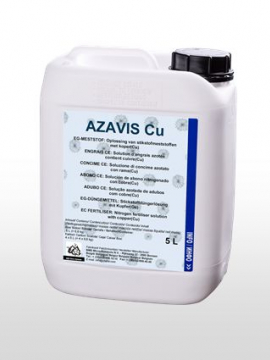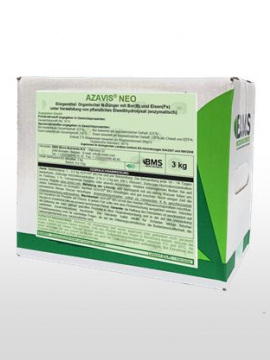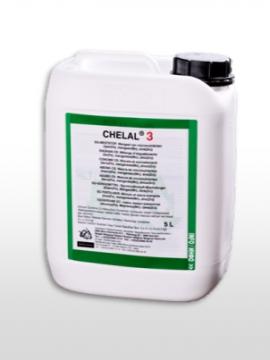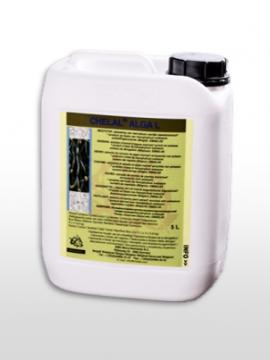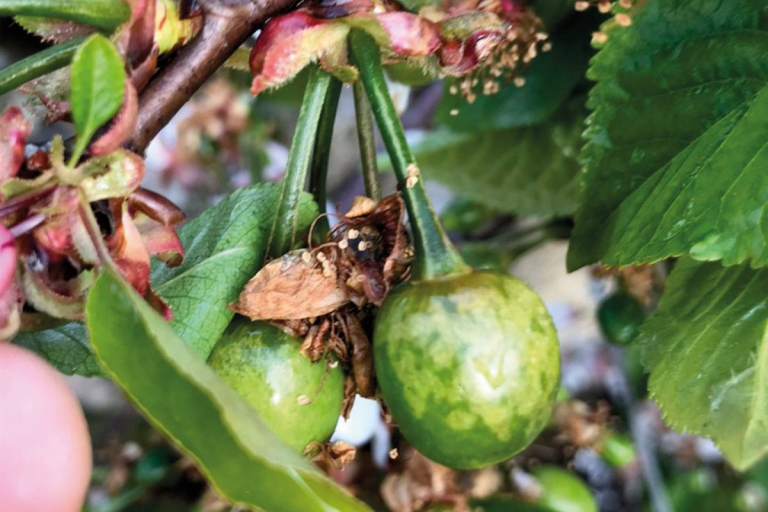You are here
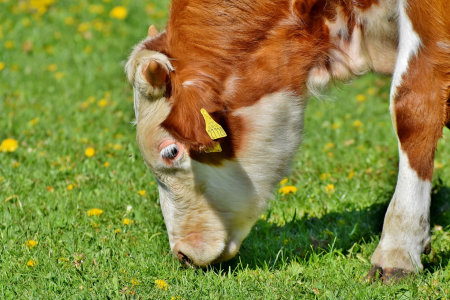
Pasture
Moderate to high sensitivity to the deficiency of: Cu, Mn
Low to moderately sensitivity to the deficiency of: Zn
In livestock and other grazing animals, nutritional deficiencies are usually caused by deficiencies in the food/pasture. Most of these deficiencies can be avoided by assuring that the pasture they graze is rich enough in these elements.
As it is for plants, a balanced nutrition is also for animals extremely important. Not only deficiencies but also excesses need to be avoided. It is therefore important to apply the nutrients in the right amounts with the right availability.
A correct animal nutrition in some elements can be assured by first treating the pastures. These elements are copper (Cu), manganese (Mn), zinc (Zn) and cobalt (Co).
Copper
As grasses are relatively sensitive to copper deficiency, they absorb this element difficultly from the soil. This copper deficiency will influence first of all the growth of the plant itself. The pasture will be less dense and will produce less. Furthermore it has a direct effect on the health of the animals.
Copper deficiency in animals is not only caused by a direct deficiency in the fodder, but can on the other hand also be caused by nutritional imbalances such as high iron or molybdenum uptake.
Copper deficiency has effects on:
- hair growth (loss and quality),
- digestion,
- fertility and reproduction,
- blood circulation,
- weight loss
- good functioning of the nervous system.
Manganese
Manganese activates a lot of enzymes in as well plants as animals. Manganese deficiency in plants are common in high alkaline soils, soils very rich in phospor and also in very sandy soils. Also for this element we have to take care of the right balance with other essential elements such as iron (Fe) and cobalt (Co).
In animals a manganese deficiency will have an immediate effect on:
- general growth,
- bone and cartilage formation (from the foetus on),
- liver function,
- fertility.
Zinc
The behaviour and availability of this element in the soil is very close to this of manganese. Zinc deficiency is one of the most widely spread deficiencies, for plants, animals and humans, so it is important to treat it properly.
The role of zinc is very important and wide ranging:
- respiration (CO2 exchange),
- digestion,
- skin quality,
- calcification of bones and hoof integrity,
- wound healing,
- vitamin (A & E) utilization,
- etc
Cobalt
A cobalt deficiency in plants is very rare, except maybe in pulses, where extra cobalt is necessary for the bacteria in the nodules. On the other hand it is extremely important for animals.
Cobalt forms a main part of cobalamin, vitamin B12, essential for the normal functioning of the nervous system. This element aids also the iron absorption, haemoglobin production and protein synthesis. Ruminant animals have higher requirements for this element because the bacteria in the stomachs also need this element and provide most of the vit B12 the animals need.
For the application of all these elements consult our application program. Respect application moments, dosages and delays after treatment of the pasture to let animals graze again.
